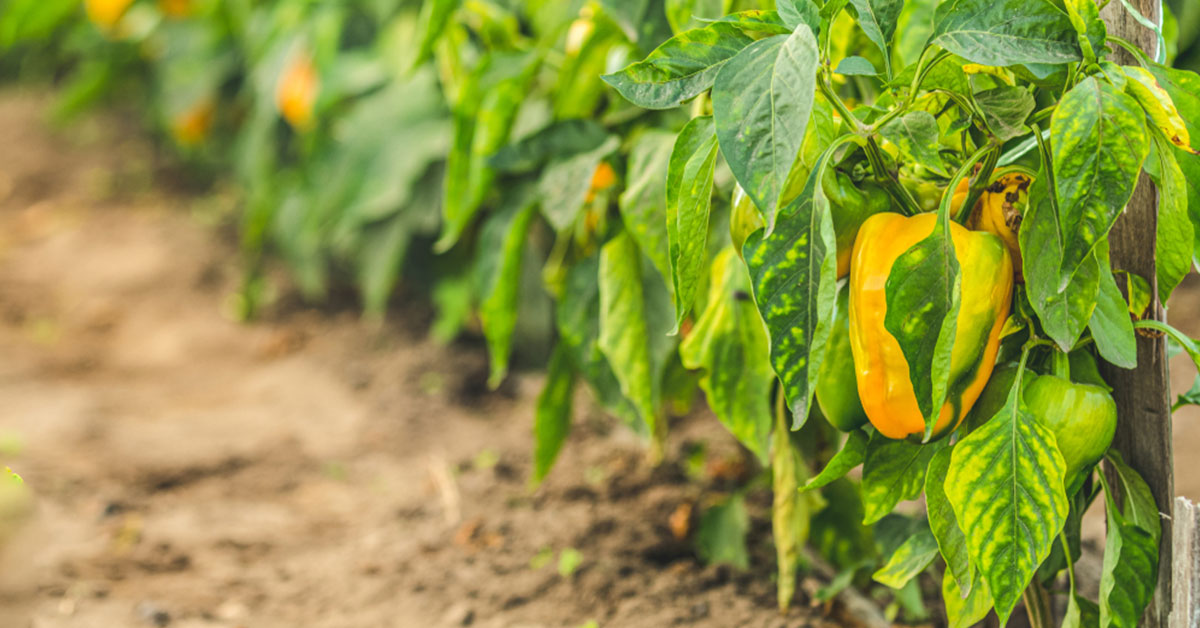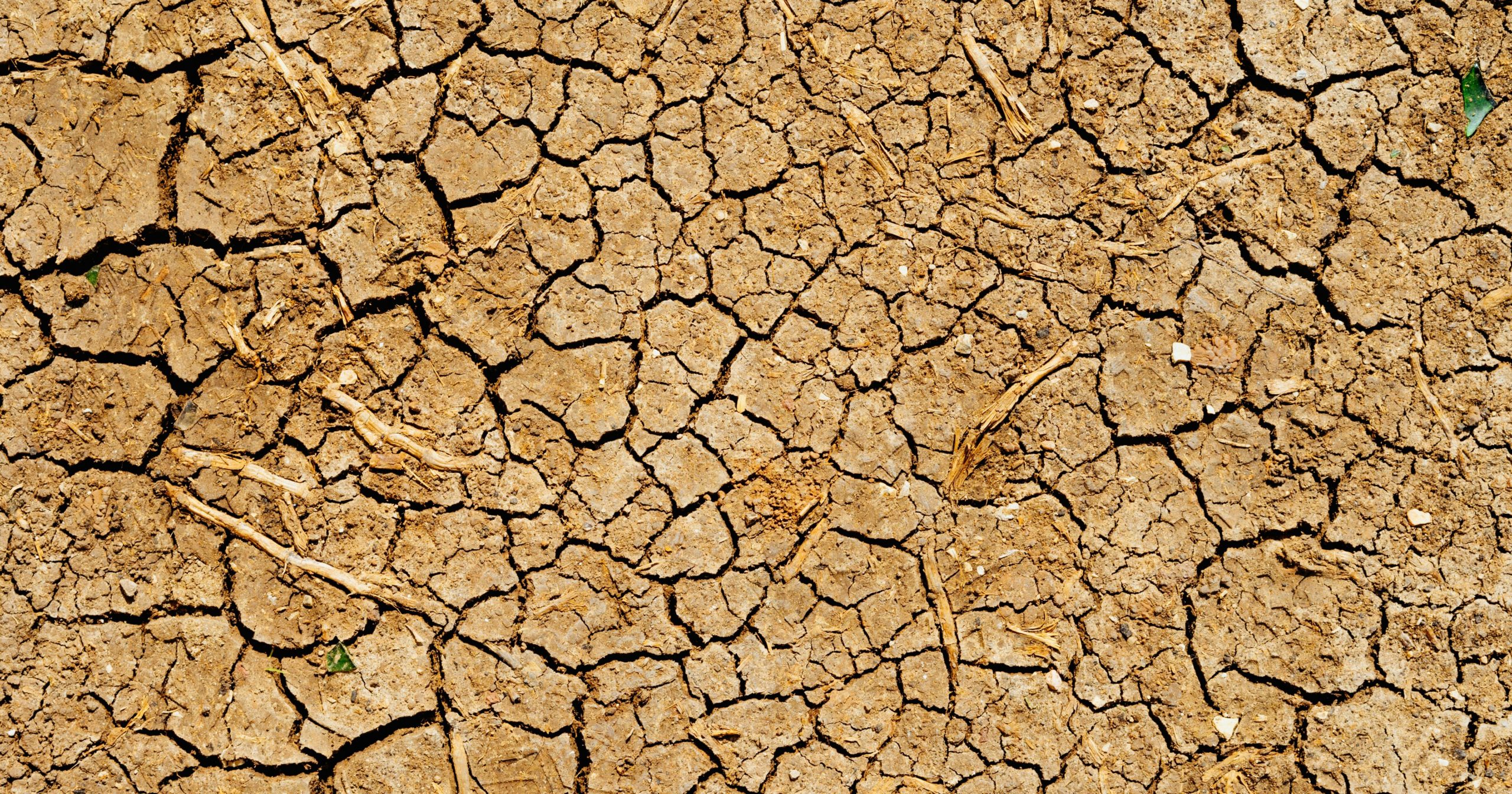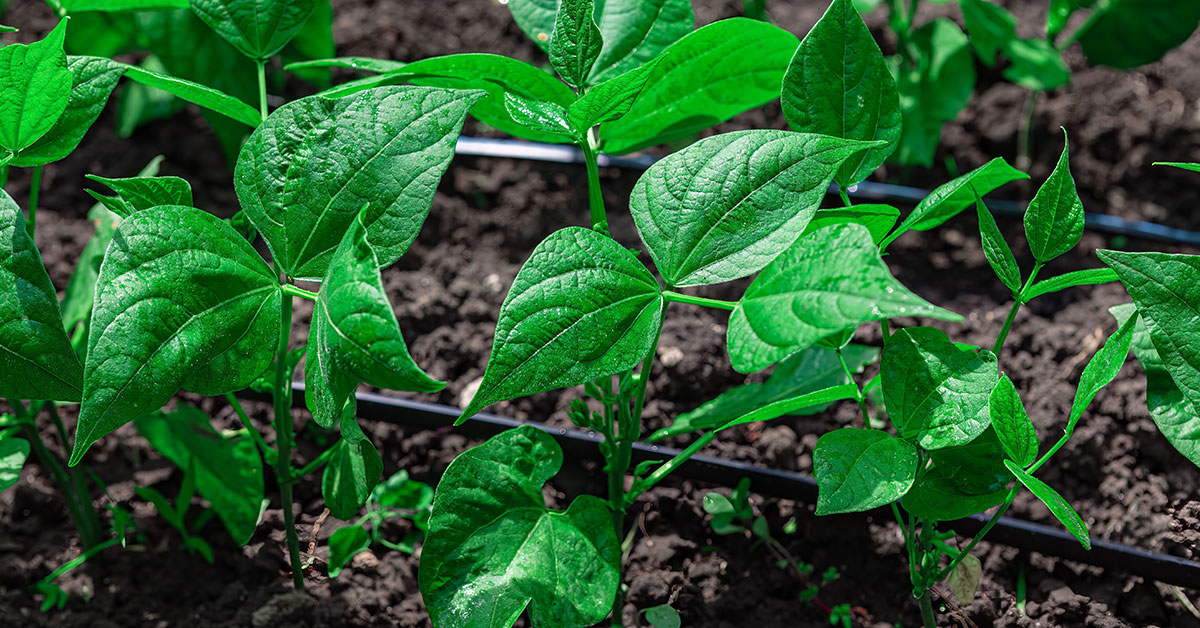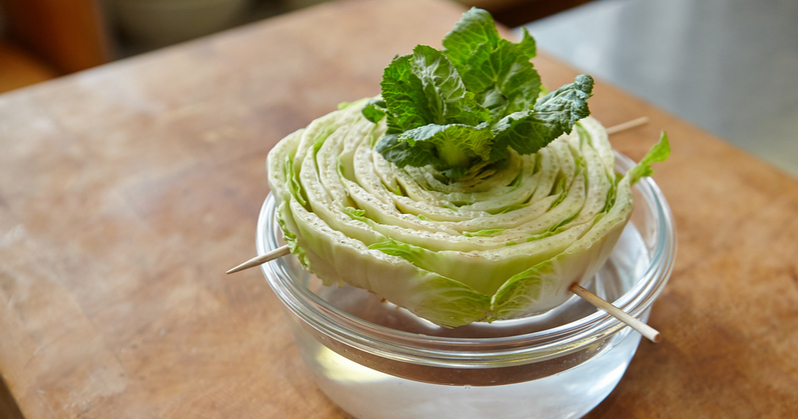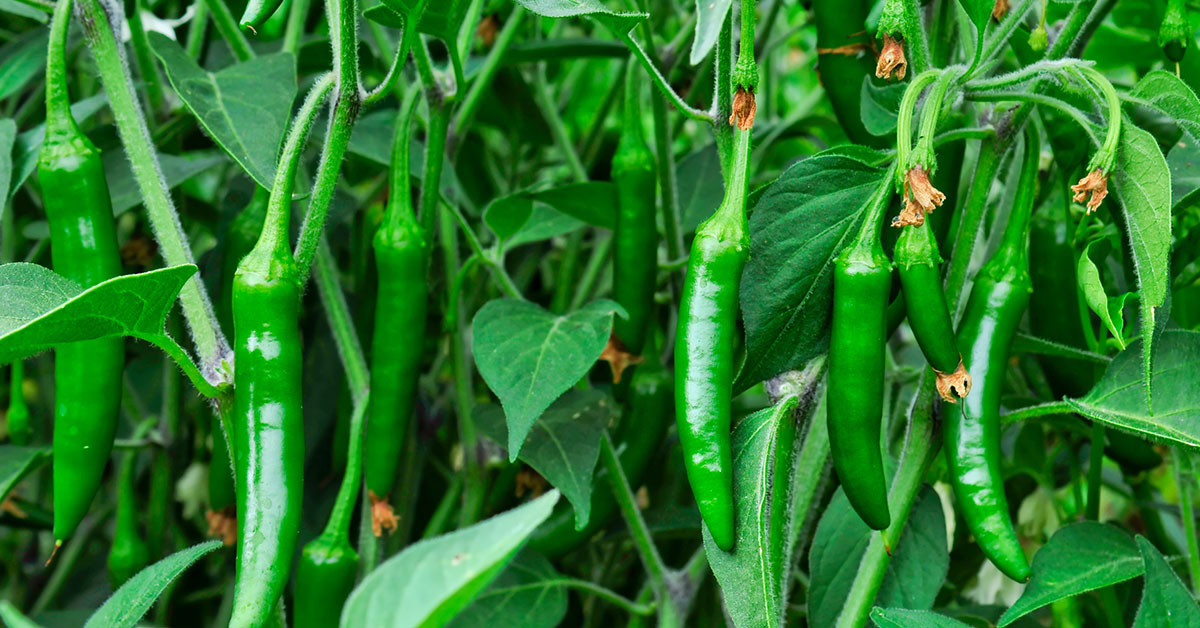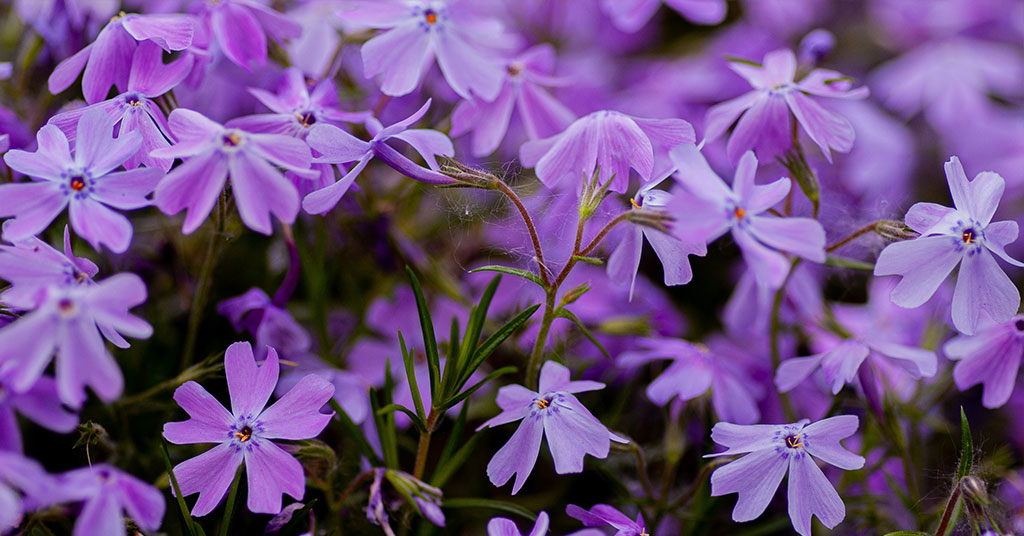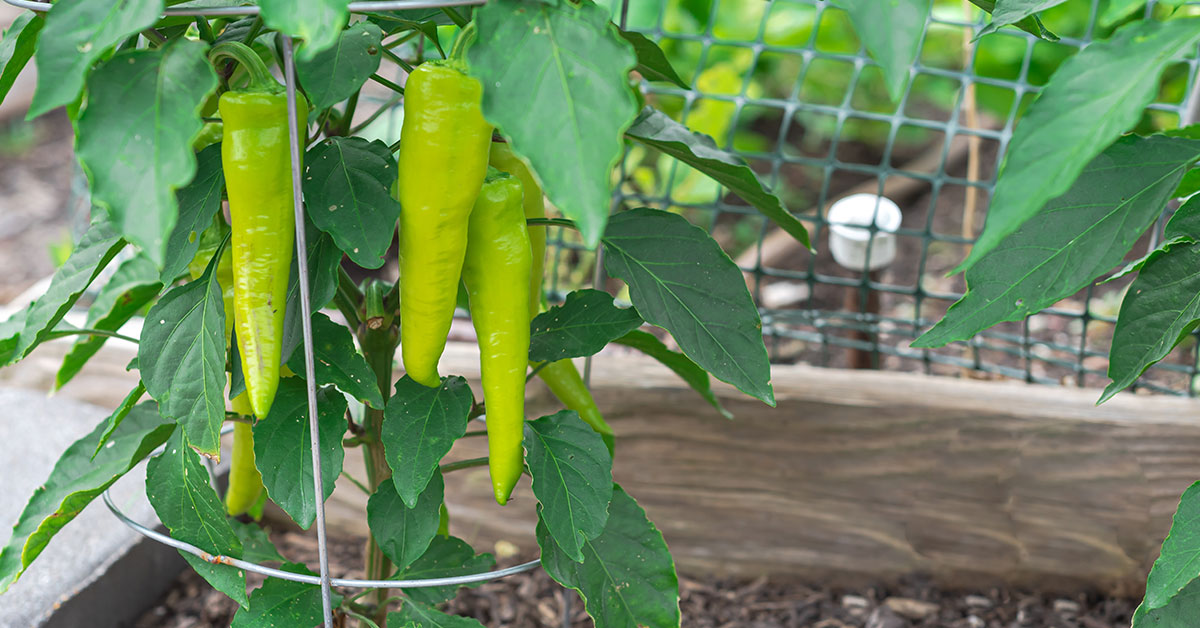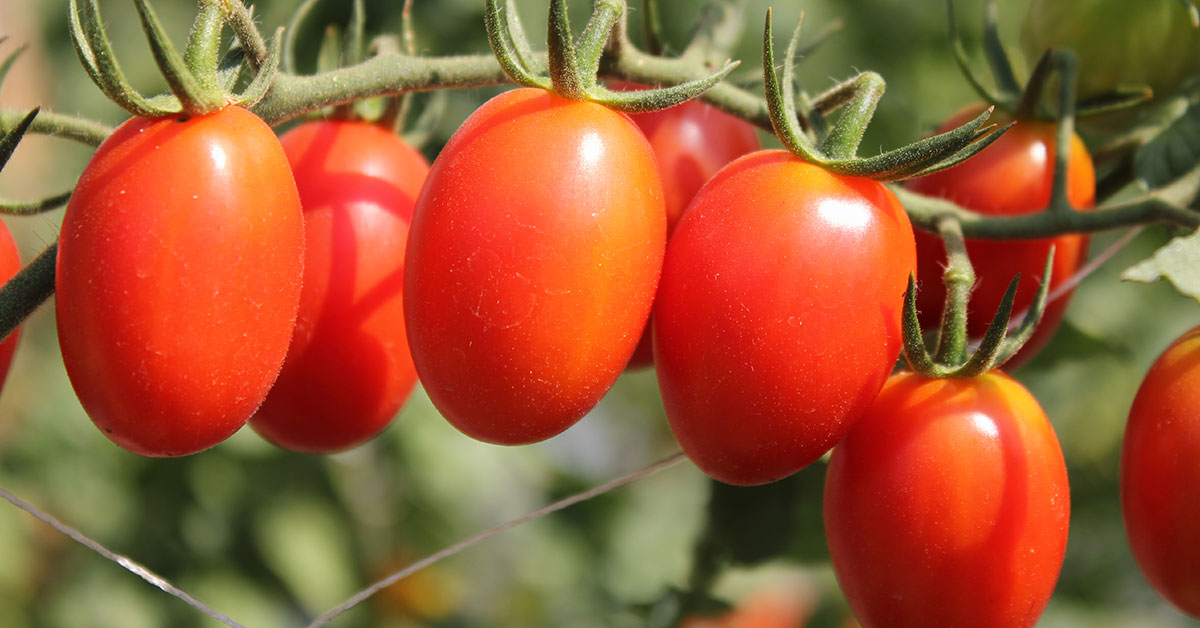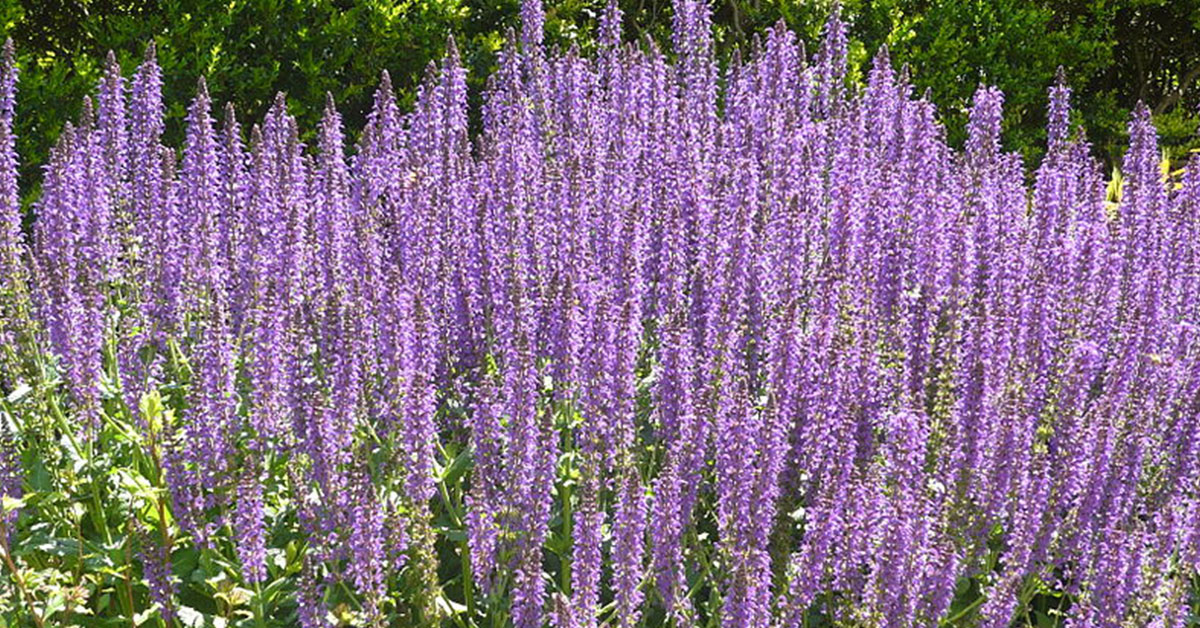Gardening is as much an art as it is a science, and like any craft, it’s surrounded by a wealth of myths and misconceptions. Fertilizers, essential for a healthy and productive garden, are no exception. These myths can lead to overuse, underuse, or misuse of fertilizers, which can harm your plants and the environment. Understanding the truth about fertilizers can significantly improve your vegetable yields and the overall health of your garden.
As a passionate gardener, I’ve encountered my fair share of these myths and seen their impact firsthand. It’s time to debunk some of the most common fertilizer myths and help you make informed decisions for your garden. Let’s dive in and uncover the truths that will lead to healthier plants and bountiful harvests!
Myth: More Fertilizer Means More Growth
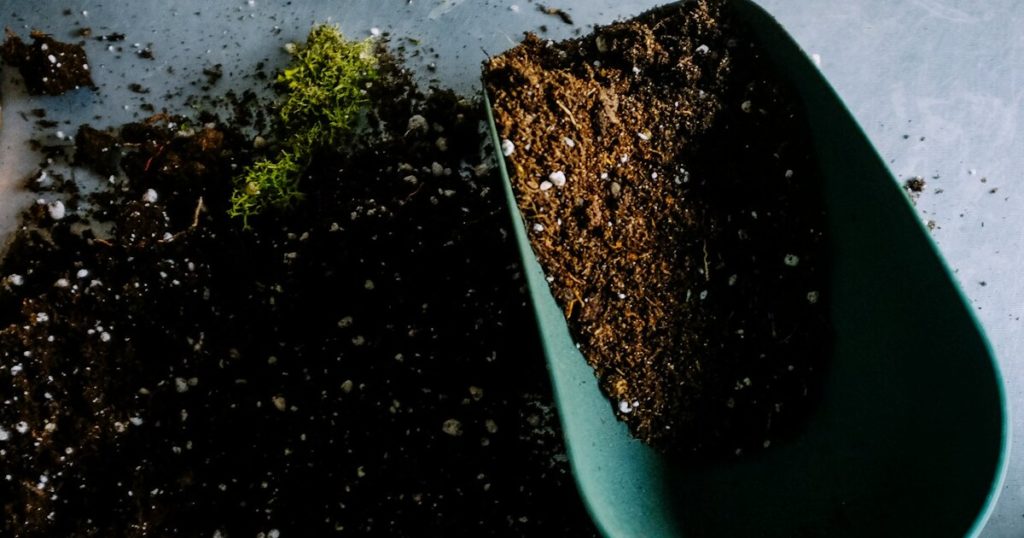
One of the most common misconceptions is that more fertilizer will automatically result in more growth and higher yields. However, over-fertilizing can do more harm than good. Excess fertilizer can lead to nutrient imbalances, which can stress plants and make them more susceptible to pests and diseases. It can also cause a buildup of salts in the soil, leading to poor plant growth and even plant death.
It’s essential to understand that plants can only absorb a certain amount of nutrients at any given time. Providing them with more than they need won’t accelerate growth but can instead create toxic conditions. The best approach is to apply fertilizers in the correct amounts based on soil tests and the specific needs of your plants. Balanced nutrition is the key to healthy, productive plants, not simply more fertilizer.
Myth: Organic Fertilizers Are Always Better Than Synthetic Ones
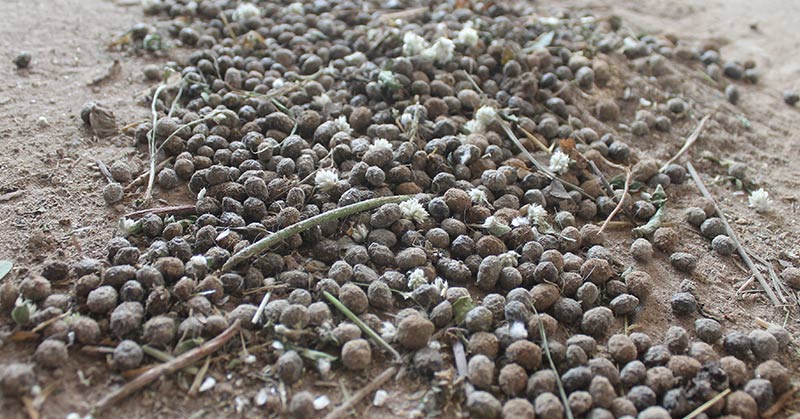
While it’s true that organic fertilizers offer benefits such as improving soil structure and microbial activity, they are not always the superior choice for every situation. Organic fertilizers release nutrients slowly, which can be advantageous for long-term soil health but may not meet the immediate nutrient needs of fast-growing vegetables. Synthetic fertilizers, on the other hand, provide readily available nutrients that plants can quickly absorb, making them effective for correcting nutrient deficiencies rapidly.
It’s important to evaluate the specific needs of your garden and plants. A combination of both organic and synthetic fertilizers can often provide the best results, leveraging the immediate nutrient availability of synthetics and the long-term benefits of organics. The key is to use fertilizers responsibly and in accordance with your soil’s requirements and the needs of your plants.
Myth: Fertilizers Are Only Necessary for Poor Soil
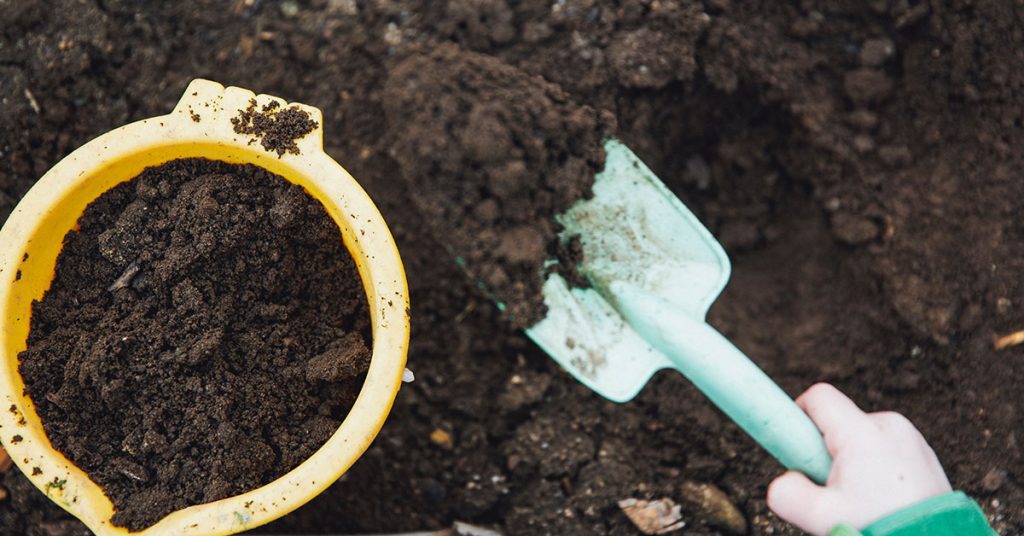
Many gardeners believe that if their soil looks rich and healthy, additional fertilizers aren’t necessary. However, even fertile-looking soil can lack essential nutrients that vegetables need to thrive. Soil fertility is not just about how the soil looks or feels; it’s about the specific nutrient content. Regular soil testing is crucial to determine the actual nutrient levels and deficiencies in your soil.
Healthy soil management involves more than just adding compost or organic matter. While these practices are excellent for improving soil structure and organic content, they don’t always provide all the nutrients in the right proportions. Fertilizers, when used appropriately based on soil test results, can fill in the nutrient gaps and ensure your vegetables get the balanced nutrition they need to produce bountiful yields.
Myth: Fertilizers Can Compensate for Poor Gardening Practices
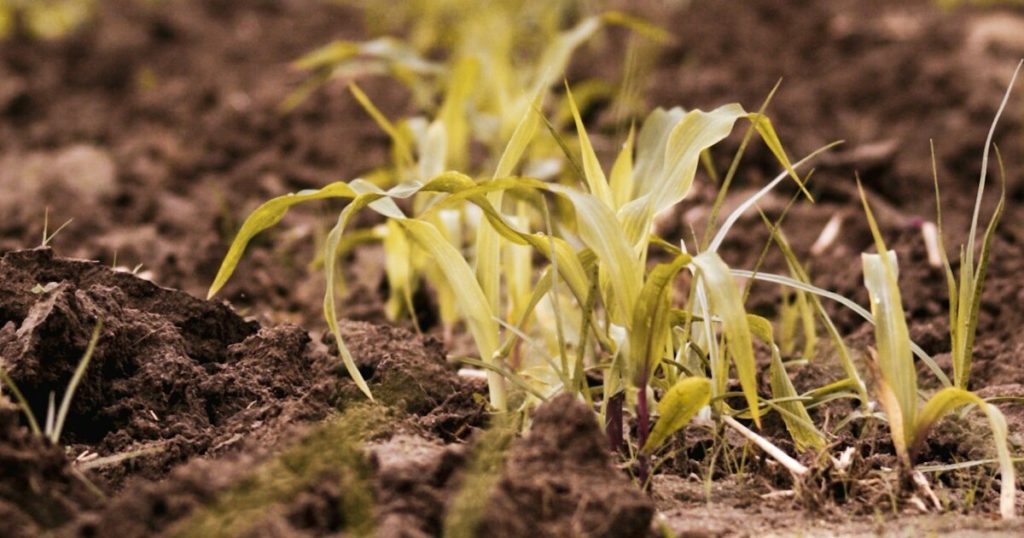
It’s a common misconception that fertilizers can make up for poor gardening practices, such as improper watering, inadequate sunlight, or poor soil management. While fertilizers can provide essential nutrients, they cannot compensate for a lack of the other basic needs that plants require to thrive. For instance, overwatering or underwatering can lead to nutrient leaching or root damage, which fertilizers cannot fix.
Healthy plants result from a combination of good practices, including proper watering, adequate sunlight, good soil health, and correct fertilization. Think of fertilizers as a part of a holistic approach to gardening. By ensuring all aspects of plant care are managed well, you can create an environment where your vegetables can flourish.
Myth: All Plants Need the Same Fertilizer

Different plants have different nutrient requirements, and using a one-size-fits-all approach to fertilization can lead to suboptimal growth. For example, leafy greens like lettuce and spinach benefit from nitrogen-rich fertilizers, while fruiting vegetables like tomatoes and peppers require more phosphorus and potassium for flower and fruit development.
Understanding the specific needs of each plant type in your garden is crucial for effective fertilization. Tailoring your fertilizer application to the needs of your plants will ensure they receive the right balance of nutrients at the right time, leading to healthier plants and better yields.
Myth: Fertilizers Are Harmless to the Environment
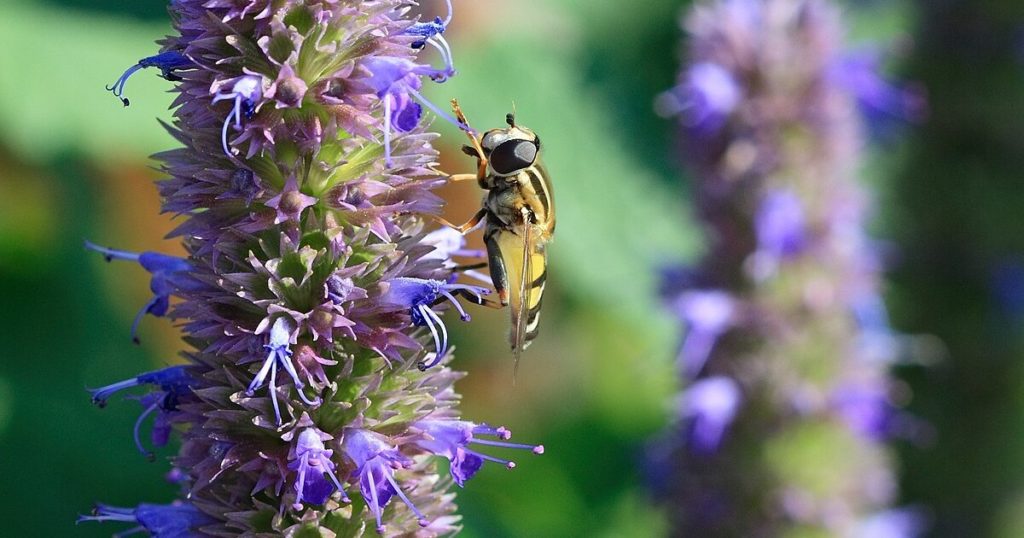
Fertilizers, particularly when overused, can have significant environmental impacts. Excess nutrients from fertilizers can leach into groundwater or run off into water bodies, causing pollution and contributing to problems like algal blooms and eutrophication. These environmental issues can have far-reaching consequences for aquatic ecosystems and water quality.
Responsible fertilizer use is critical to minimize environmental impact. This includes using the right amount of fertilizer, timing applications correctly to avoid runoff, and choosing slow-release or organic options when appropriate. By being mindful of how and when you use fertilizers, you can enjoy a productive garden while also protecting the environment.
Myth: Homemade Fertilizers Are Always Safe and Effective
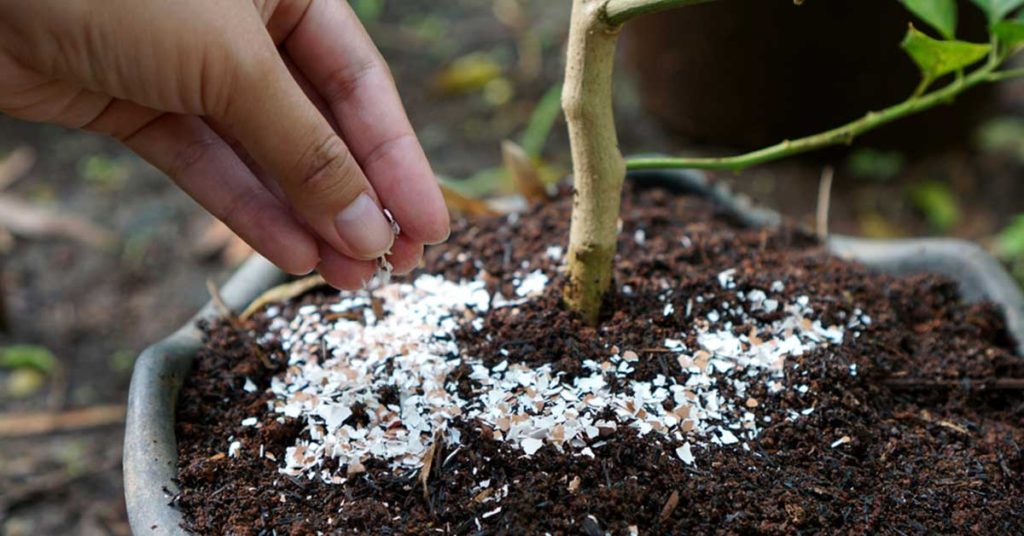
While homemade fertilizers can be a great way to recycle organic waste and provide nutrients to your plants, they are not always safe or effective. The nutrient content of homemade fertilizers can be inconsistent, and some ingredients may introduce pathogens or harmful substances into your garden. For example, using raw manure as fertilizer can introduce E. coli or other harmful bacteria.
If you choose to make your own fertilizers, it’s important to follow proper guidelines and ensure the ingredients are safe and well-composted. Additionally, understanding the nutrient content of your homemade fertilizer and how it compares to your plants’ needs is crucial for effective use. When in doubt, supplement homemade fertilizers with commercial options to ensure balanced nutrition for your garden.
Myth: Fertilizers Are Not Needed in Containers
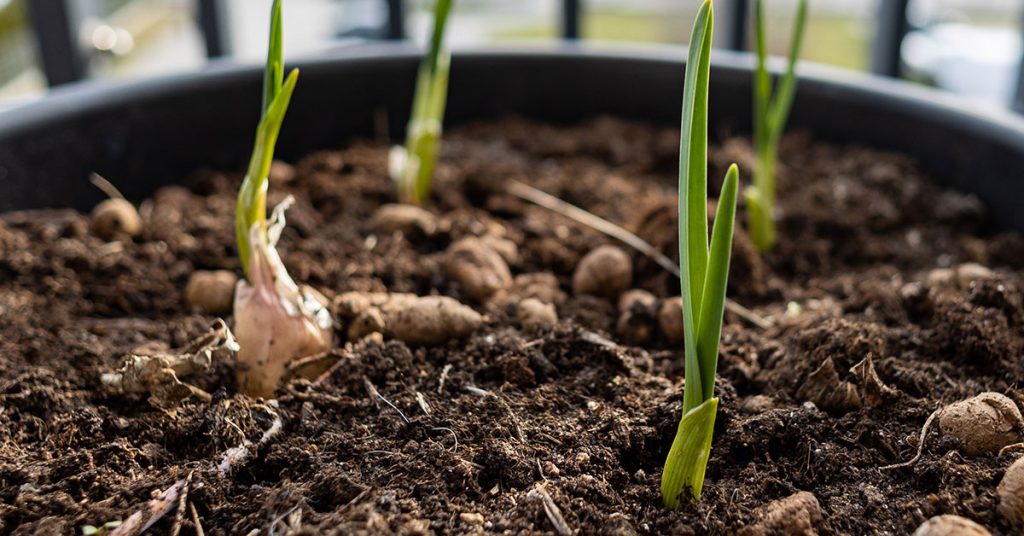
Many gardeners believe that potted plants and container gardens do not need fertilization if they are planted in quality potting soil. However, the nutrients in potting soil are quickly depleted as plants grow and absorb them. Container plants have limited access to soil and rely heavily on the nutrients provided directly to them.
Regular fertilization is essential for container gardening. Using a balanced, water-soluble fertilizer can help maintain nutrient levels in the confined space of a pot. Additionally, slow-release fertilizers can provide a steady supply of nutrients over time, ensuring your container plants remain healthy and productive throughout the growing season.
Myth: Fertilizers Are a Quick Fix for All Plant Problems
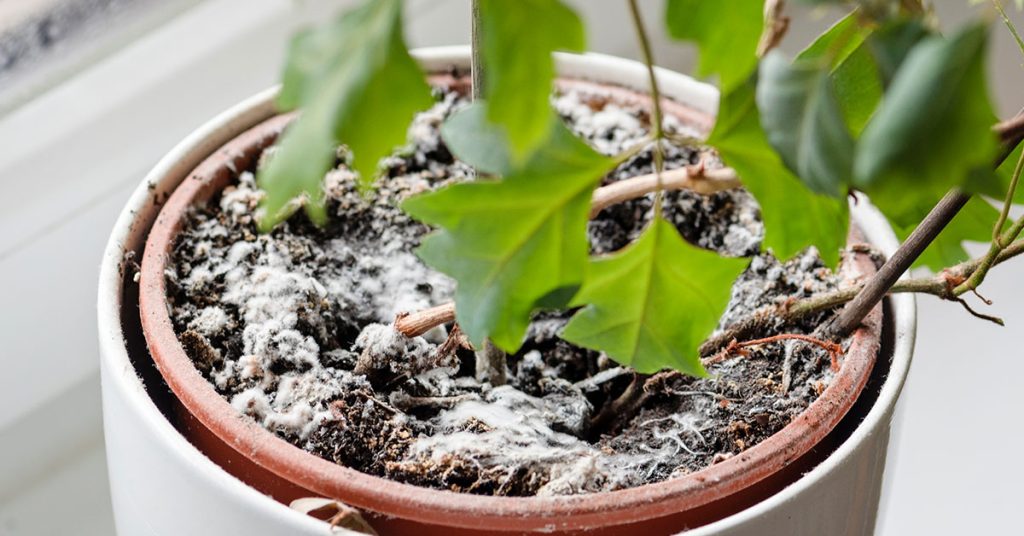
Fertilizers can provide essential nutrients, but they are not a cure-all for plant problems. Issues such as pest infestations, diseases, poor soil structure, or environmental stress cannot be solved by simply adding fertilizer. In fact, improper use of fertilizers can exacerbate some problems by encouraging excessive foliage growth that attracts pests or by causing nutrient imbalances.
To address plant problems effectively, it’s important to diagnose the root cause. This might involve improving soil drainage, addressing pest or disease issues, or providing adequate water and light. Fertilizers should be part of a comprehensive approach to plant health, not a standalone solution.
Myth: Fertilizers Must Be Applied Frequently for Best Results
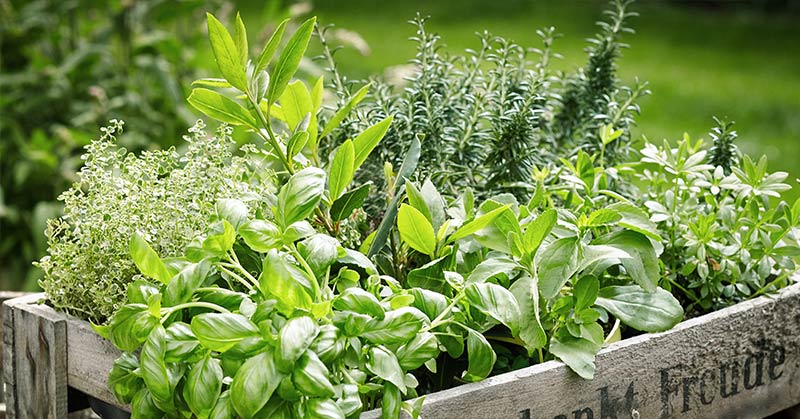
Applying fertilizers too frequently can lead to nutrient buildup in the soil, which can harm plant roots and disrupt the soil’s natural balance. Most vegetables and plants benefit from a well-timed fertilization schedule rather than constant feeding. Over-fertilization can also lead to nutrient runoff, harming the environment.
It’s essential to follow recommended guidelines for fertilizer application based on your plants’ specific needs and growth stages. Typically, this means fertilizing at key points during the growing season, such as before planting, during active growth, and before flowering or fruiting. Soil testing can help determine the appropriate frequency and amount of fertilizer needed for your garden.
